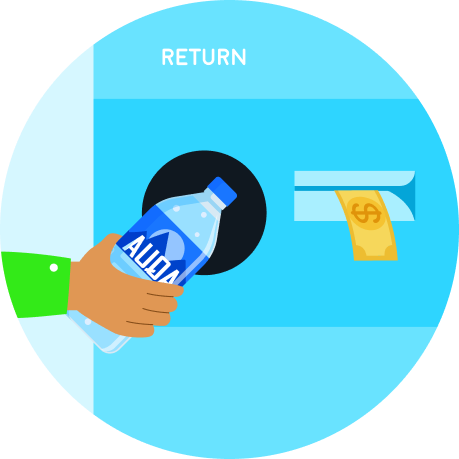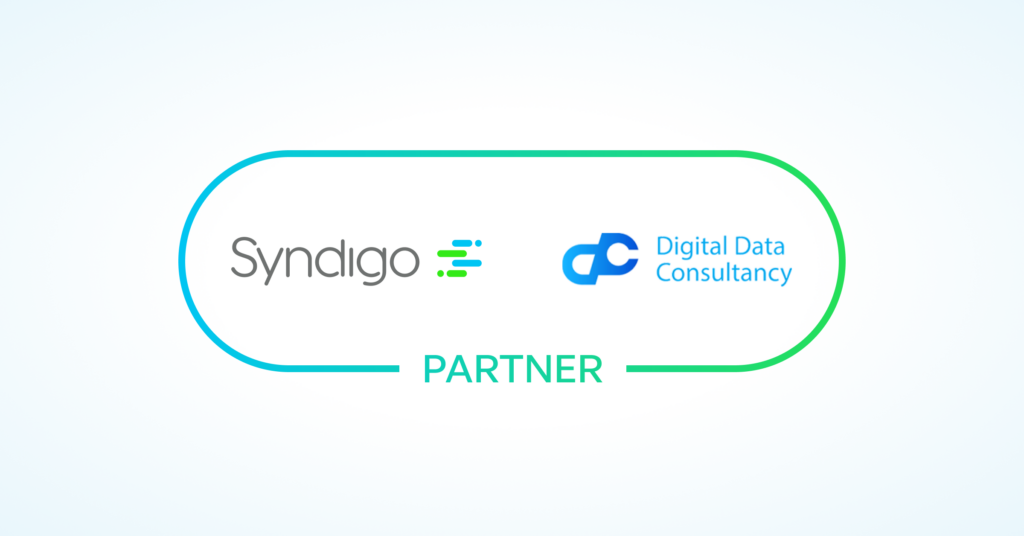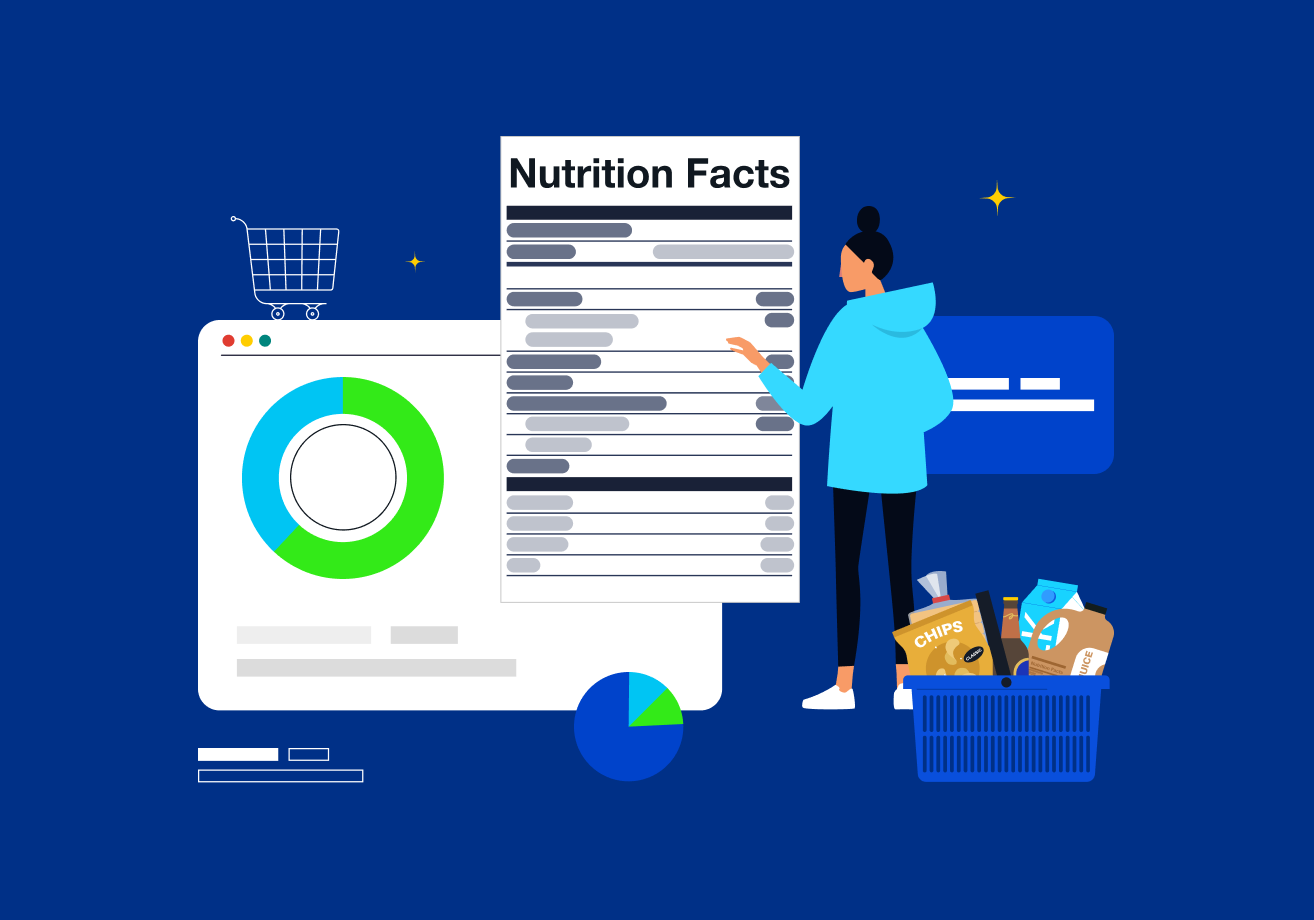New and updated regulations are a continual part of business. Sometimes the challenge is not simply that a new requirement is implemented, but also that its implications go far beyond the initial requirement.
This is especially true in Fast Moving Consumer Goods (FMCG) because there are many aspects to be considered, including manufacturing, delivery and distribution, and marketing. Now, there is the prospect of returnable containers and the requirements that go along with them.
The Deposit Return Scheme (DRS) is legislation that ensures that all single-use drinks containers sold in Scotland, within certain parameters, will have an added £0.20 deposit. Once a customer returns the container to a return point, they get the deposit back.
The legislation states that all retailers selling single-use drinks containers will have to act as a Return Point Operator (RPO), meaning stores will need the facilities to:
- Accept returned containers
- Pay consumers their deposits back

There were four key financial elements comprising the deposit return scheme: the 20p deposits, the producer fee, the retail handling fee, and the sale of collected materials. Each of these needed a central authority to help implement the scheme.
Recognising the benefits of appointing a single scheme administrator, Scotland’s major drinks producers, wholesalers, and retailers have collaborated to create one body that would operate in everyone’s best interests. Circularity Scotland Ltd (CSL) now has approval from the Scottish Government to become a Scheme Administrator for DRS. They are legally entitled to act on producers’ behalf, fulfilling their legal duties as detailed in the DRS regulations.
Many brands now must consider the implications of this new requirement. Now is also the time many are considering whether their Master Data Management (MDM) system is capable of handling the complexity of these new regulations. Seeing as how the DRS will go live in Scotland in August 2023 (and late 2024 in England & Wales), now is the time to consider these data management implications.
To comply with the legislation, retailers will be commissioning Reverse Vending Machines (RVMs) which, we imagine, will typically be located in store car parks. RVMs are automated machines that allow consumers to insert cans and bottles and receive their deposit back in voucher form (paper or digital).
Key Challenges for the Retailers
There are several important considerations that retailers should prepare for in light of the new regulations. First, A new pricing matrix for Scotland is needed to add the 20p deposits to the sale price for all DRS SKUs (remembering to add in multiples of 20p for multi-packs). This adds variables to any current data format currently in the retailer’s systems.
HMRC[MC1] needs to clarify taxation on the Returns, as there will be significant complications if the deposit becomes 0% VAT whilst the product could be 20% VAT. This variable has still not been finalised; however, retailers must plan for the different possible outcomes.
In the online check-out, customers should be able to use DRS vouchers from previous online container returns, credited to their existing online wallet or loyalty account. That way they can spend the credits toward their current check-out purchases, just like any other credit in the online wallet. This may require changes in the way retailers handle certain data inputs.
There is also a risk of financial fraud, if RVM vouchers are used improperly. This has been experienced before by some supermarkets with other redemption programs. This means there needs to be due consideration given to the voucher security, including the data management and reconciliation.
Implications on the Product Master Data
Similarly, there are significant implications to MDM for Product, given the multiple configurations of products and packaging. For example, it is important to identify the number of containers in a multipack, to calculate DRS amounts per item, and model that data in the system.
In addition, any New Item Attributes required for DRS should be captured in the Product Master Data system and published to both ERP and Digital Sales Channels. The interface from data providers should be able to process new DRS related Item Attributes as well.
Following that, the system also should be able to flag DRS eligible items that are either approved or not approved by the CSL governing body, with an interface to the CSL for items needing approval. Beyond that, the Scottish-specific SKU must align to the rest-of-UK SKU for each product. This introduces a new country context or data dimension to the Product Data Model.
Planning for DRS
For manufacturers and retailers doing business in Scotland, now is the time to evaluate the impact and implications of the DRS law. Identify the potential challenges beyond physical logistics—include a review of your master data configurations and how to address the impending changes. Consider these starting questions:
- Is my Product MDM capable of handling the complexity of these new regulations?
- What updates or changes to my MDM governance need to happen?
- Is my data service provider capable of providing acceptable quality of product data to satisfy these new regulatory needs?
By mapping out an approach now, your organisation will be well prepared for the impending change to returnable containers.
Configuring your data for impending new regulations can be a difficult exercise. It’s important to begin early and plan for the changes. Make sure your data structures are organized for success.
You can trust the MDM experts at Syndigo, along with our implementation partners, to guide you along a clear path to implementation. Reach out to Syndigo for more information on our award-winning MDM Solutions.
In partnership with Digital Data Consultancy

Guest Author:
Saikat Ghosh
Consulting Principal at Digital Data Consultancy










